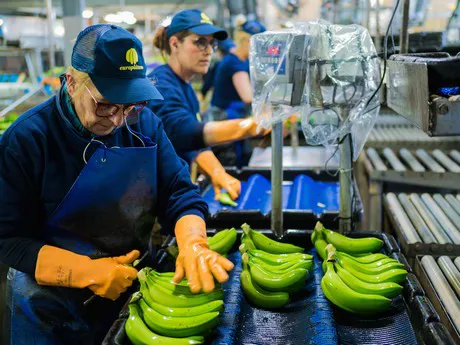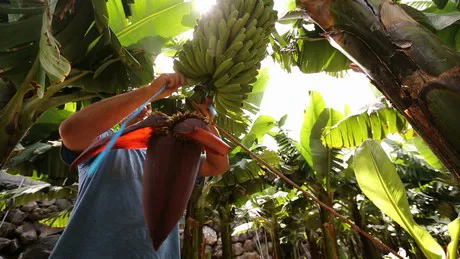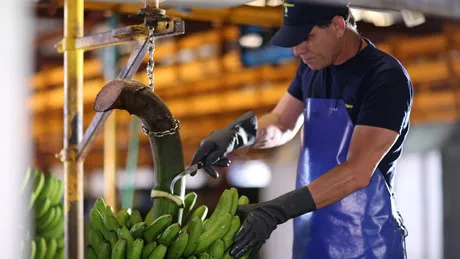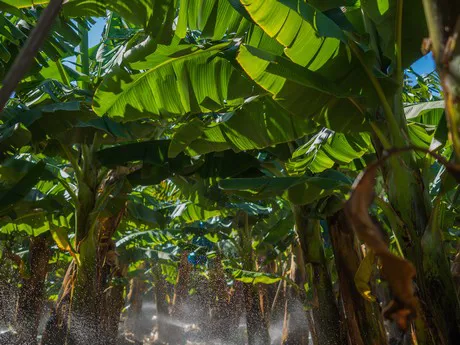
Antonio J. Luis Brito, Managing Director of Europlátano, believes that in order to be successful in exporting, "the strategy must be to propose long-term investment projects; that is, to focus on the future. It is all about designing products that meet specific customer demands."

"It is very easy to talk about the possibilities that a product like ours has in the international markets, but it is really difficult to actually sell it. In our case, both in Switzerland and in France, we only established ourselves after months of talks, tests and visits of our foreign allies. It is really important that they become familiar both with the product's characteristics and with the whole productive process, which is environmentally-friendly and ensures good conditions for our producers and workers. This justifies some of our certifications, such as Global GAP, or the one certifying the reduction of our CO2 footprint, which is very important when it comes to reaching agreements with European retailers," he explains.

The Canary company has been present in the Swiss market for over a year and the volumes of organic bananas demanded by France have already stabilised after months of testing. "This shows an important, but also continuous growth. Switzerland receives our Canary Gold brand, which is used for bananas with a given calibre and length and an excellent flavour. In France, we distribute our fruit through the chain Biocoop, a French leader in organic retail. That's why all the fruit shipped to them is grown organically," says the manager.

For more information:
Elisa Martínez Duque
Europlátano
T: +34 616797219
eduque@europlatano.net
www.europlatano.es
